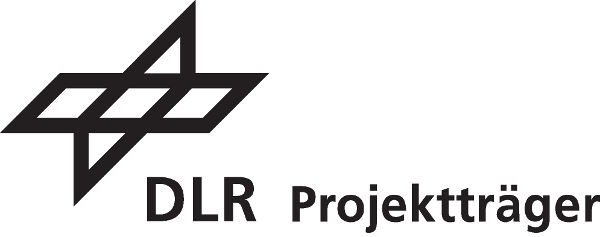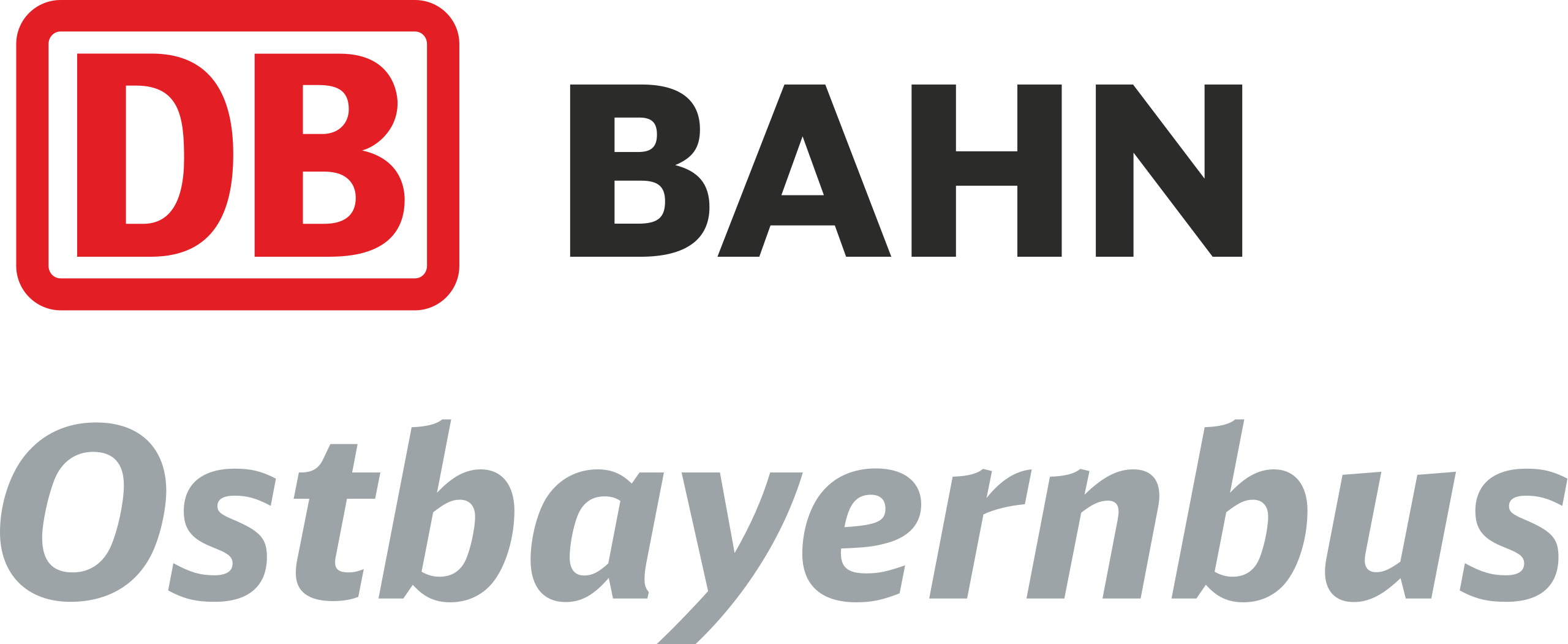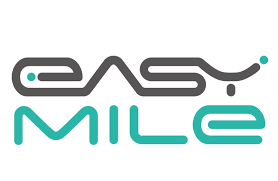
2. – 4.12. | oemof Developer Meeting
2. December 2020
RLS Graduate School publishes impulse paper
17. December 2020Autonomous driving and charging in public transport
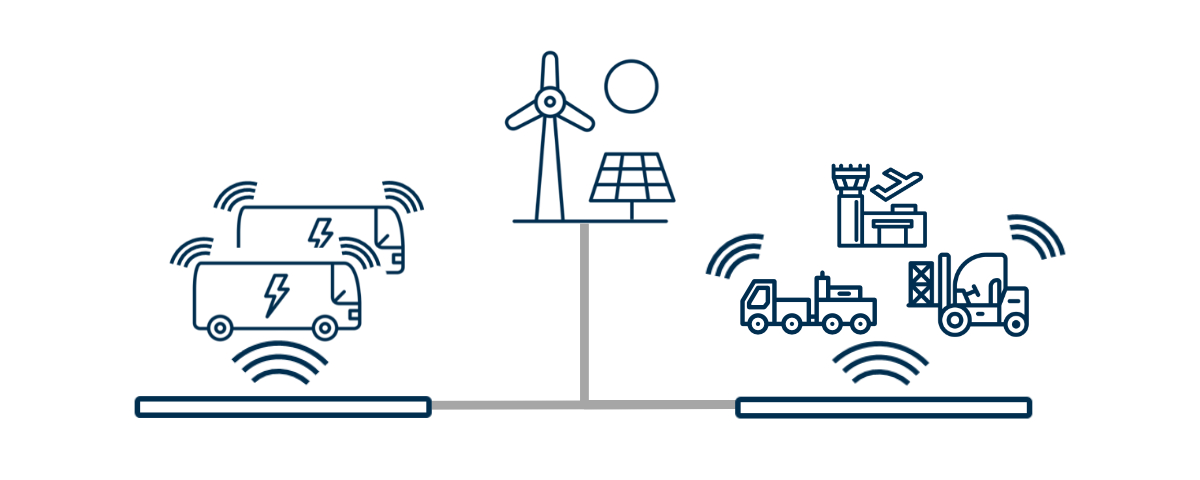
In the project "ADVANTAGE – Automatic inductive charging of autonomous electric vehicles in logistics and transport", fully autonomous charging of e-vehicles in public transport is being tested on the basis of a model.
. Autonomous driving can be an interesting component of the energy transition in transport, as it allows charging of e-vehicles at exclusively favorable times – i.e. when supply and demand allow it from the point of view of the power grid and when it fits into the operating schedule. Such a determination of charging time and quantity by a software is particularly feasible in logistics fleets and in public transport, since routes and travel times are usually recurring and can be planned. Because of this feature, these transport sectors are also very well-suited use cases for autonomous driving.
Autonomous driving enables autonomous charging
. In the ADVANTAGE project, such an operation is being tested and data collected on the basis of an autonomously driving shuttle and construction of the corresponding infrastructure in the business area of Regionalbus Ostbayern GmbH (RBO) in Bavaria. The aim of the project is to analyze the effects and potentials of the charging concept to be developed for autonomous vehicles with regard to personnel deployment, operational optimization, energy management, and network integration. To this end, the aim is to derive suitable operating strategies with which the operating times of the vehicles are optimized and the charging of the vehicles and thus the grid integration can be carried out in a way that is gentle on the grid. It also analyzes how to maximize self-consumption of green electricity generated on site.
Model testing provides data for larger fleets
. Testing the prototype in real-world use in RBO's transportation area will serve as a basis for scaling and transferring the concept to other areas of use. This is because even though currently rather low charging powers are used for autonomous vehicles for recharging, the fleet application of the vehicles will require higher grid connection powers. That is why grid-friendly energy and fleet management systems will be of great importance in the future.
Project results will affect standardization
Another project goal is to make the shuttle's charging infrastructure compatible with inductive charging systems in passenger cars. To this end, the results from ADVANTAGE will be incorporated into international standardization work by IEC and ISO.
In this project, funded by the BMWi and led by ifak Magdeburg, RLI is taking on the part that involves analyzing the site and surveying the potential as well as simulating shuttle operation. One focus is on the scenarios for grid integration and the interaction between the vehicle and the control center in energy management. Once the shuttle's test operation has been implemented, RLI will use the collected data to validate and, if necessary, optimize its simulations. In addition, RLI is investigating future fleet applications of the developed technology by using simulations.
Project duration: 1.12.2020 - 30.11.2023
. Autonomous driving can be an interesting component of the energy transition in transport, as it allows charging of e-vehicles at exclusively favorable times – i.e. when supply and demand allow it from the point of view of the power grid and when it fits into the operating schedule. Such a determination of charging time and quantity by a software is particularly feasible in logistics fleets and in public transport, since routes and travel times are usually recurring and can be planned. Because of this feature, these transport sectors are also very well-suited use cases for autonomous driving.
Autonomous driving enables autonomous charging
. In the ADVANTAGE project, such an operation is being tested and data collected on the basis of an autonomously driving shuttle and construction of the corresponding infrastructure in the business area of Regionalbus Ostbayern GmbH (RBO) in Bavaria. The aim of the project is to analyze the effects and potentials of the charging concept to be developed for autonomous vehicles with regard to personnel deployment, operational optimization, energy management, and network integration. To this end, the aim is to derive suitable operating strategies with which the operating times of the vehicles are optimized and the charging of the vehicles and thus the grid integration can be carried out in a way that is gentle on the grid. It also analyzes how to maximize self-consumption of green electricity generated on site.
Model testing provides data for larger fleets
. Testing the prototype in real-world use in RBO's transportation area will serve as a basis for scaling and transferring the concept to other areas of use. This is because even though currently rather low charging powers are used for autonomous vehicles for recharging, the fleet application of the vehicles will require higher grid connection powers. That is why grid-friendly energy and fleet management systems will be of great importance in the future.
Project results will affect standardization
Another project goal is to make the shuttle's charging infrastructure compatible with inductive charging systems in passenger cars. To this end, the results from ADVANTAGE will be incorporated into international standardization work by IEC and ISO.
In this project, funded by the BMWi and led by ifak Magdeburg, RLI is taking on the part that involves analyzing the site and surveying the potential as well as simulating shuttle operation. One focus is on the scenarios for grid integration and the interaction between the vehicle and the control center in energy management. Once the shuttle's test operation has been implemented, RLI will use the collected data to validate and, if necessary, optimize its simulations. In addition, RLI is investigating future fleet applications of the developed technology by using simulations.
Project duration: 1.12.2020 - 30.11.2023
In the ADVANTAGE project, RLI assumes the following tasks:
- Site analysis and potential survey for shuttle operation
- Establishment of framework conditions for the simulative studies
- Analysis of energy and operation management requirements for electrified fleets
- Creation of concrete scenarios for grid integration of electrified autonomous fleets and simulation of these scenarios
- Conceptualization of charging point communication for energy and fleet management
- Development of a simulation model that can represent charging operations in the energy system at the test vehicle and with fleets of autonomous vehicles
- Simulation of the operation of the test vehicle and test of the interaction of the energy management between vehicle and control center
- Evaluation of test data to validate the simulations
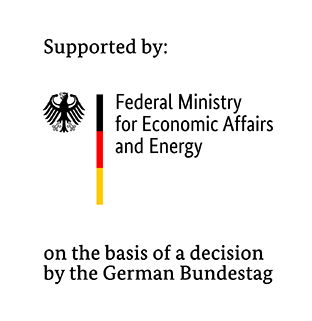
In context of the
Funding Program "ICT for electric vehicles, charging infrastructure, in power grids and transport systems"
Coordinated by:
